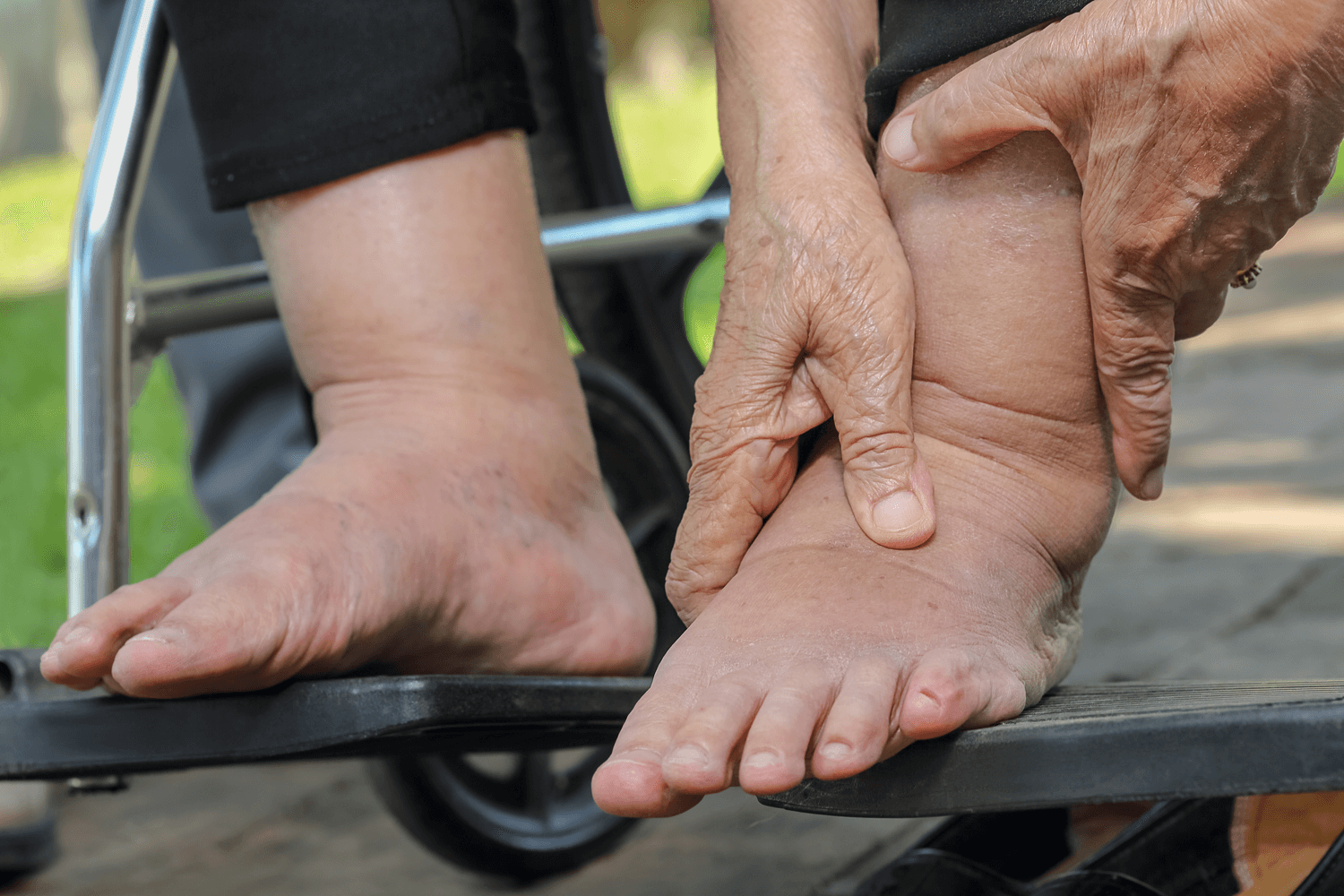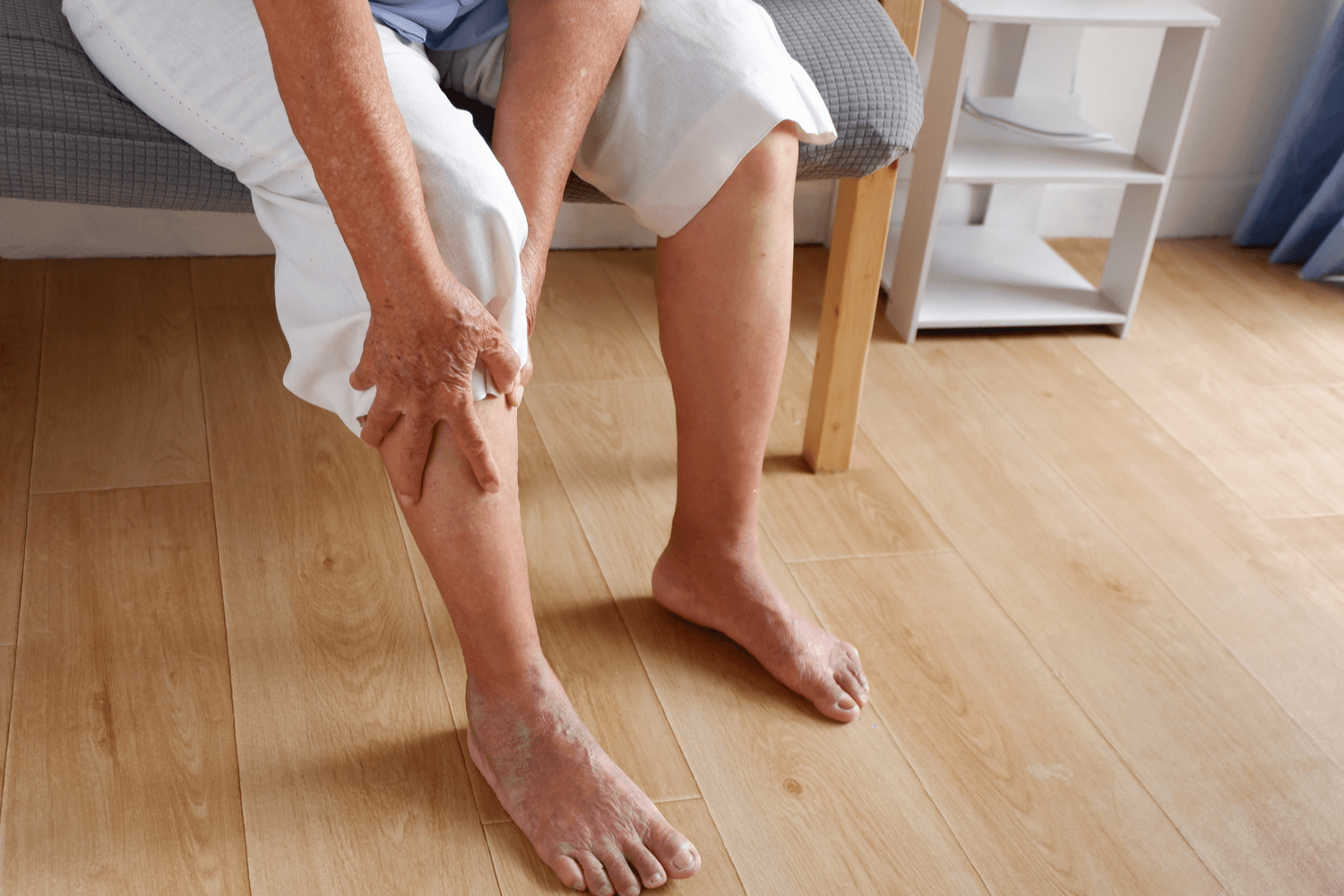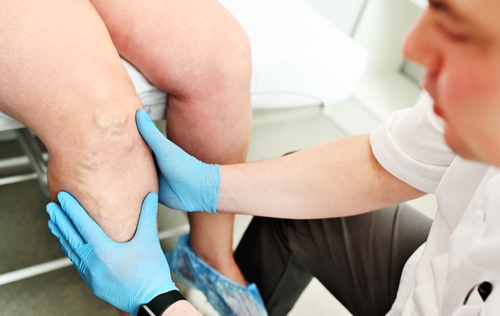
What Is Chronic Venous Insufficiency?
Chronic venous insufficiency (CVI) occurs when the valves in your veins don’t work as they should. Healthy valves in your veins prevent the blood from flowing backward and help it return to your heart. However, when the valves get weak or damaged, your blood can begin pooling in the diseased veins, which can cause many kinds of problems.
CVI usually occurs in the leg veins, where your veins are under the most pressure. CVI may present with symptoms such as varicose veins, spider veins, pain, swelling, discoloration, and leg ulcers that refuse to heal.
What Causes Venous Insufficiency?
Deep Vein Thrombosis
This is an accompanying condition and it is often the cause behind several symptoms of vein disease. DVT is the name for a blockage caused by a blood clot in a deep leg vein. Veins in the thighs or calves are the most at risk for DVT.
Lack of Exercise
Regular cardiovascular exercise strengthens the veins and arteries. Also, regular exercise helps fight off many of the risk factors for developing CVI. However, without exercise, you run the risk of developing obesity which can strain and weaken the valves in your veins.
Smoking
Smoking exposes your entire body to dangerous chemicals that weaken your immune system, speed up your body’s biological age, and impair your ability to heal.
Leg Injuries and Inflammation
Traumatic leg injuries or swelling that occurs in the leg increases the risk of developing a blood clot as well as vein weakness.
High Blood Pressure
High blood pressure from obesity, heart disease, or even just sitting or standing for long periods of time will weaken your veins and increase your risk of developing CVI.
Pregnancy
Pregnancy causes significant hormonal changes and places additional pressure on the leg veins. If you are pregnant or have been pregnant in the past, you are more likely to develop CVI.
Family History
A family history of CVI is an indicator that you have a higher risk of developing CVI.
How to Reverse Venous Insufficiency Ulcers
In order to get venous leg ulcers to heal, you will need to consult with a vein doctor and discuss your treatment options. Your treatment may involve wound care, surgery, and medication to help make sure your leg wounds heal.
Your doctor may recommend one or more of the above lifestyle changes to promote healing. To find the most effective treatment, you may need to receive a duplex venous ultrasound to accurately diagnose the source of your venous insufficiency symptoms.

Medical Treatments
Treatment will depend on the type of symptoms you’re experiencing. However, the most common treatments for CVI we perform at VeinSolutions Flint and VeinSolutions Lapeer include:

Talk to a Vascular Doctor About Venous Insufficiency
Call, email, or visit VeinSolutions in either Flint or Lapeer, MI to meet with a certified vascular surgeon and start your journey to healthy veins!
